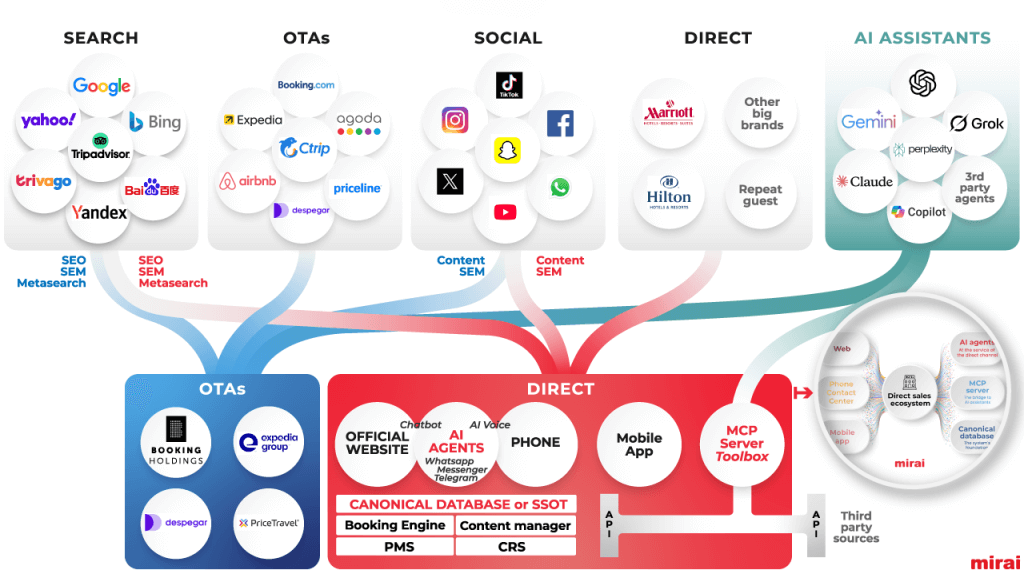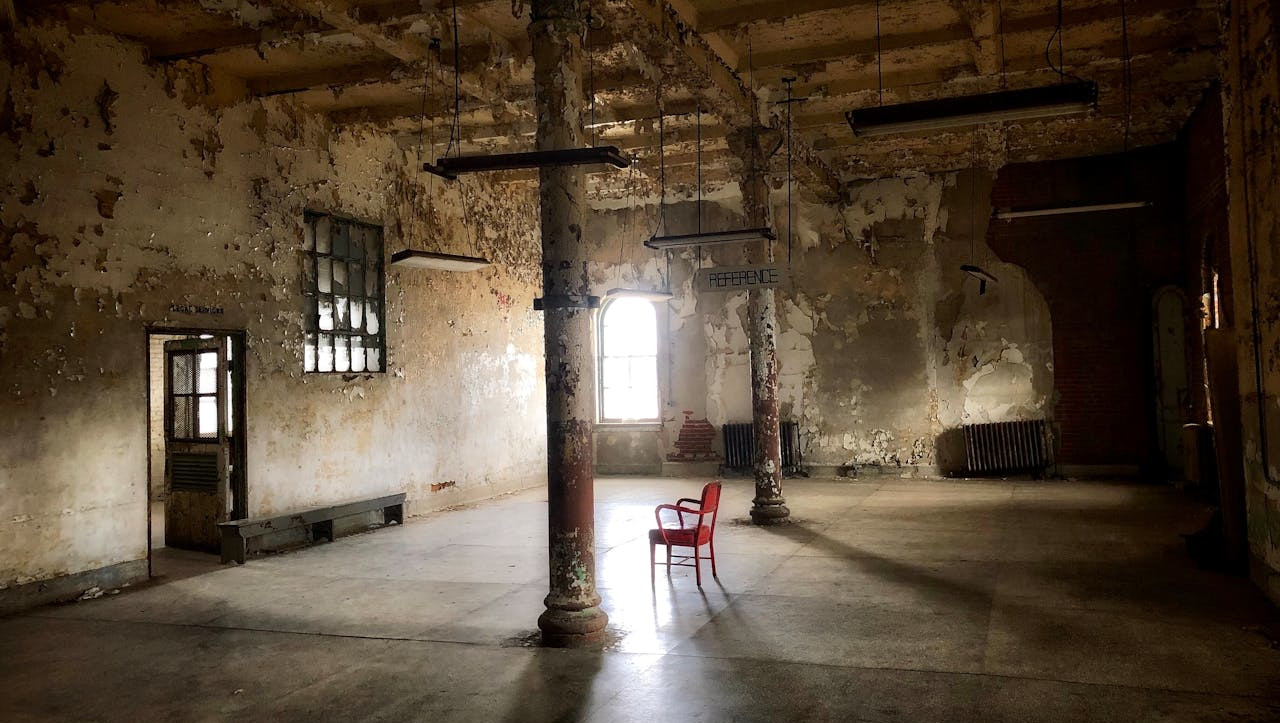
Hoteliers proudly talk about providing unique guest experiences that will make guests happy and more than satisfied with their hotel stays.
NB: This is an article from Demand Calendar
At the same time, they employ revenue management and pricing systems that have no clue about what the guest wants and needs besides generic overnight accommodation. Focusing on delivering a unique experience and using automated pricing is not a good combination.
Subscribe to our weekly newsletter and stay up to date
In the highly competitive hotel market, automated pricing systems have involuntarily joined forces with the OTAs to drive down the price, leading to the commoditization of overnight accommodation.
What is a commodity?
The term “commodity” can refer to a good or service that is essentially interchangeable with another similar type and quality. In economic terms, commodities are often raw materials like oil and natural gas or agricultural products like wheat and corn. However, the concept can be extended to virtually any product or service that has become standardized and undifferentiated in the eyes of consumers.
In a commoditized market, competition is primarily based on price rather than unique features, quality, or branding. This is because consumers see little or no difference between brands or versions of the product. Thus, they’re likely to opt for the least expensive option, assuming all other factors – like convenience and availability – are equal. Commoditization can occur in nearly any industry, and when it does, it tends to drive down prices, narrow profit margins, and stifle innovation to some extent.
Applying this concept to the overnight accommodation or hotels sector, the commoditization of hotel rooms would imply that consumers increasingly perceive all hotel rooms as interchangeable. In such a scenario, the key factors influencing a booking decision would likely be price and perhaps location rather than brand reputation, amenities, or unique experiences offered. This could result from various factors including, but not limited to, technology platforms that make price comparison easier, standardization of services and facilities, or the rise of alternative accommodation options like Airbnb that blur traditional differentiators.
Understanding the commoditization of hotel rooms can provide critical insights for stakeholders in the industry to adapt and innovate in ways that differentiate their offerings from a sea of increasingly similar options.
How pricing systems contribute to commoditization
Automated pricing systems can significantly contribute to the commoditization of the hotel industry. These systems, sometimes known as dynamic pricing or revenue management systems, automatically adjust room prices in real-time based on various factors such as demand, time of booking, and even competitor pricing. Here’s how these systems drive commoditization.
Price as the Primary Differentiator
Automated pricing systems can quickly respond to market conditions, making it easier for hotels to compete on price. As more hotels adopt these systems, the competition increasingly shifts towards offering the lowest price rather than the best experience, amenities, or service. This emphasis on price as the primary factor for consumer choice moves the industry closer to a commoditized market.




